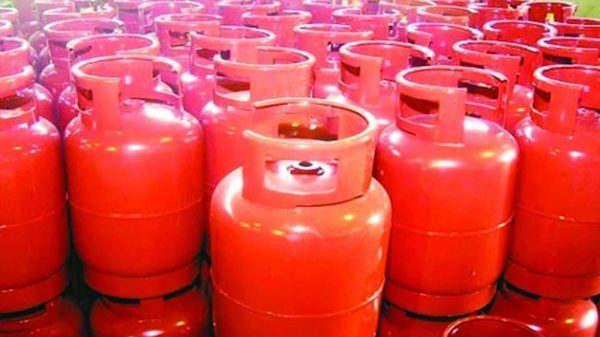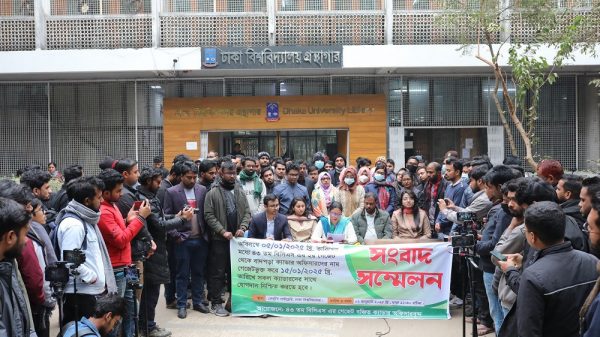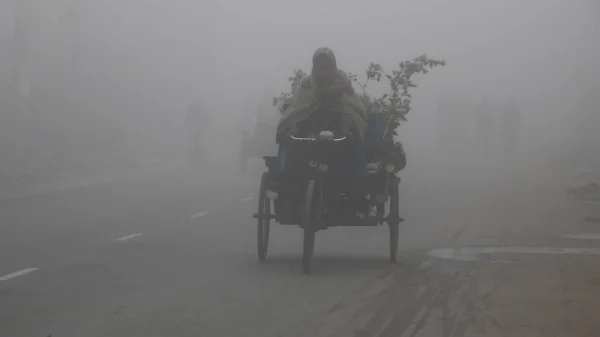G20 Biofuels Alliance threatens food security

Soma Marla:
DURING the recent G20 summit, India has launched the Global Biofuels Alliance. India’s prime minister Narendra Modi urged the G20 nations to join the initiative with a plea to take ethanol blending with petrol globally to 20 per cent to facilitate energy transformation in context of climate change. Although the provision of environmentally sustainable green alternative to fossil fuels sounds good, the basic idea to produce fuel from food is in itself takes away food from poor and, instead, adds more cars and other automobiles on our roads.
India has ambitious targets to mix bio ethanol to fossil fuels. It already mixes 10 per cent bio ethanol to fossil fuels and aims to reach 20 per cent by 2025. Currently, India produces 9,470 million litres of bio ethanol, sourced from 6,190 million litres of molasses (sugarcane waste) and 3,280 million litres of grain. A significant quantity of food grains, especially rice and maize, are diverted to production of high fructose corn syrups in aerated cola drinks and others food processing industry.
Indian food grain production has increased by six times since its independence and in 2023, the production is estimated to be around 330.5 million tonnes. Although India has millions of tonnes of grain reserves, millions of people are hungry. The Food Corporation of India holds, as of August 22, 2023, 523.35 lakh tonnes of rice and wheat. The corporation holds nearly four times more than the buffer stocks in its warehouses. Amidst plenty, there exists a serious hunger in the country. More than 200 million people are hungry in India. Child malnourishment is also an alarming issue with the country ranking the 107th out of the 121 countries in the global hunger index. The fact that nearly 80 per cent population receive every month five kilograms of subsidised grain under the public distribution system speaks of the seriousness of the problem. Also nearly 21,000 people in the world die daily because of hunger mostly from South Asia and Africa. While widespread hunger and malnutrition exist among the people, it is unethical on part of governments and policymakers to divert huge quantities of staple food crops to produce biofuels.
The National Biofuel Coordination Committee of India permits the use of surplus rice with the Food Corporation of India for conversion to ethanol. Ethanol will be blended with petrol or used to make alcohol-based sanitisers. In 2020–21 alone, the centre allocated about 78,000 tonnes of rice from the Food Corporation stocks to distilleries to produce ethanol, that too, at a subsidised price of Rs 20 a kilogram to private distilleries. The government of India claims that the diversion of food grains and molasses or sugar-cane waste, would increase farmer incomes and profit them. However, Over the past three seasons, sugar mills and bioethanol distilleries generated an estimated Rs 22,000 crore (nearly three billion dollars) in revenue from selling ethanol to oil marketing companies. However, the companies neither did pass on this bounty to farmers nor their long-pending dues from the mills were paid.
There is a fast-growing worldwide trend towards a very heavy diversion of food crops for use as bio-fuels. As agribusiness cartels find bio ethanol production more profit-fetching, the crop breeders are encouraged to develop more efficient crops suitable for bio fuels. Farmers are diverting more fertile land suitable for food to bio-fuel, turning to the monoculture of bio-fuel crops on a large scale.
The diversion of food crops to biofuel production is severely affecting food availability in many countries of African and South America. For example, corn is the main feedstock for the production of ethanol in the United States. In 2022, corn starch accounted for 94 per cent of the production for ethanol fuel production. Remember the 2007 food riots arising from high prices and shortage of corn and wheat imported from the United States, Argentina and Brazil as large quantities of corn and wheat were diverted to production of bio fuels in these countries? For policymakers and heads of states participating in the G20 Summit, these decisions may appear pragmatic, but they affect the food security of millions worldwide.
It is pragmatic for Indian government to export buffer stocks of food grains to countries in Sub Sahara and other African and South Asian nations, instead of diverting them to biofuel production. A viable alternative is to use paddy stubbles and other post-harvest crop cellulose residues for the production of bio ethanol, bio fertilisers and recyclable packing materials. Microbial and biochemical technologies needed for post-harvest crop residues are available with the Indian Council of Agricultueral Research and other science institutions.
A large-scale diversion of food grains for bio fuel production is unethical and the government of India should, instead, increase the monthly ration of food grains available to the poor under the public distribution system. Instead, G20 nations should consider the formation of a food bank using buffer stocks to meet any emerging food shortage in the global south.
Countercurrents.org, September 21. Dr. Soma Marla is a former principal scientist at the Indian Council For Agricultueral Research, New Delhi.























Leave a Reply